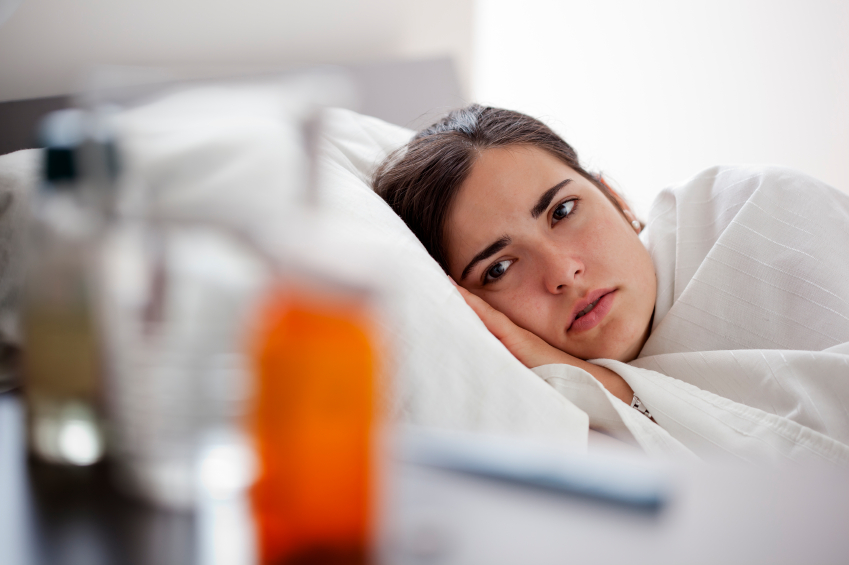
Depression and Social Security Benefits
Depression is in the top 10 causes of disability among medical diagnoses by the Social Security Administration. Depression in its various forms (dysthymia, major depression, and manic depression) is a type of mood disorder characterized by sadness, feelings of hopelessness, feelings of worthlessness and inadequacy. Concurrent with these emotions, a person with depression often suffers from feelings of fatigue and decreased energy levels.
About Depression
The causes of depression seem to be primarily biological but genetics and your environment are also triggers. Individuals can be genetically predisposed to depression and the condition is often seen among several members within a family. Stress and other environmental factors are also linked to depression.
Many of us suffer from depression that is the result of our reaction to negative situations (the death of a loved one, divorce, or significant changes in our lives), but for the most part these periods of depression will be situational and short lived. These short duration episodes are not disabling as defined by SSA. However, if a person has an episode of depression with severe daily symptoms that last for two weeks or longer, their condition may be considered to be major clinical depression. This type of depression can be grounds for an award of Social Security Disability benefits. Major clinical depression interferes with our ability to cope with life, often rendering an individual unable to function effectively in the tasks of everyday living, including maintaining employment and meeting the needs of your family.
For a more detailed discussion of Depression including treatment options, symptom analysis, and a list of treatment providers please see Web MD.
Disability Benefits for Depression
To qualify for disability benefits, an individual with depression must either meet certain specific disability criteria or be granted an “allowance” based on the severity of their depression and a combination of other factors (such as total health picture, work experience, age, and last grade completed in school).
Disability Listing for Depression
Depression is covered in the impairment listing 12.04, Affective Disorders. To qualify for either Social Security Disability (SSDI) or Supplemental Security Benefits (SSI) disability benefits on the basis of depression, an applicant must have at least four of the following symptoms:
- Lack of interest or pleasure in most activities
- Decreased energy
- Poor appetite or overeating
- Insomnia or oversleeping
- Difficulty concentrating or thinking
- Lack of physical movement
- Feelings of worthlessness or guilt
- Paranoia, delusions, or hallucinations, or
- Suicidal thoughts.
In addition, Social Security requires that your symptoms of depression cause you serious difficulty in:
- Activities of daily living (ADLs) (This will be discussed in a future blog post)
- Social functioning
- Focusing, or
- Repeated, extended periods of worsening symptoms
Alternatively, if you’ve experienced recurrent episodes of depression for at least two years, you might be able to qualify for Social Security Disability Insurance or Supplemental Security Insurance if your depression has improved with antidepressant medication or heavy social support, but your recovery is tentative and you could experience a setback if you go back to work or change your routine.
Qualifying Outside of the Depression Listing
Applicants don’t have to receive an approval for disability by meeting the requirements of the depression listing, above, even if depression is the only impairment they listed on the disability application. They can, instead, be approved by being granted a “medical-vocational allowance.” This, in fact, is how most claims are approved.
Social Security must consider how your depression symptoms affect your ability to do unskilled work, which requires you to:
- Understand, remember, and carry out simple instructions
- Make simple work-related decisions
- Respond appropriately to supervision and co-workers, and
- Handle changes in routine.
If the Social Security Administration agrees that you can’t perform unskilled work, you will get disability benefits. Or, if Social Security decides you can perform unskilled work, but you have a physical impairment that requires you do sedentary work, you could also get disability benefits.
For more information on the process of obtaining benefits please click here. A successful disability application is a team effort between you, your treating professionals and your lawyer. If you would like to discuss your application for social security benefits we would be happy to do that. If you are enduring depression, a good working relationship with a mental health care provider is the best way to treat the problem that is so common in Americans.



